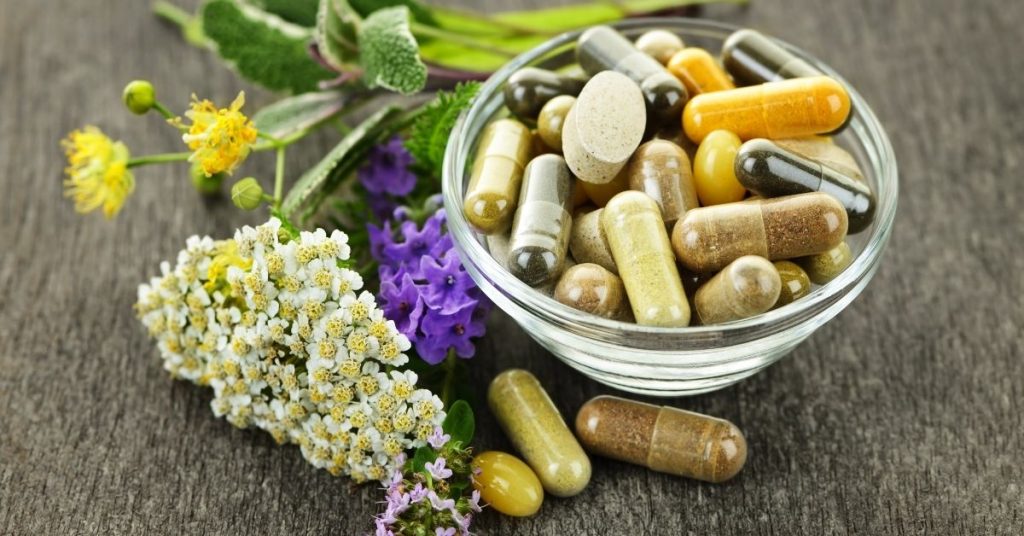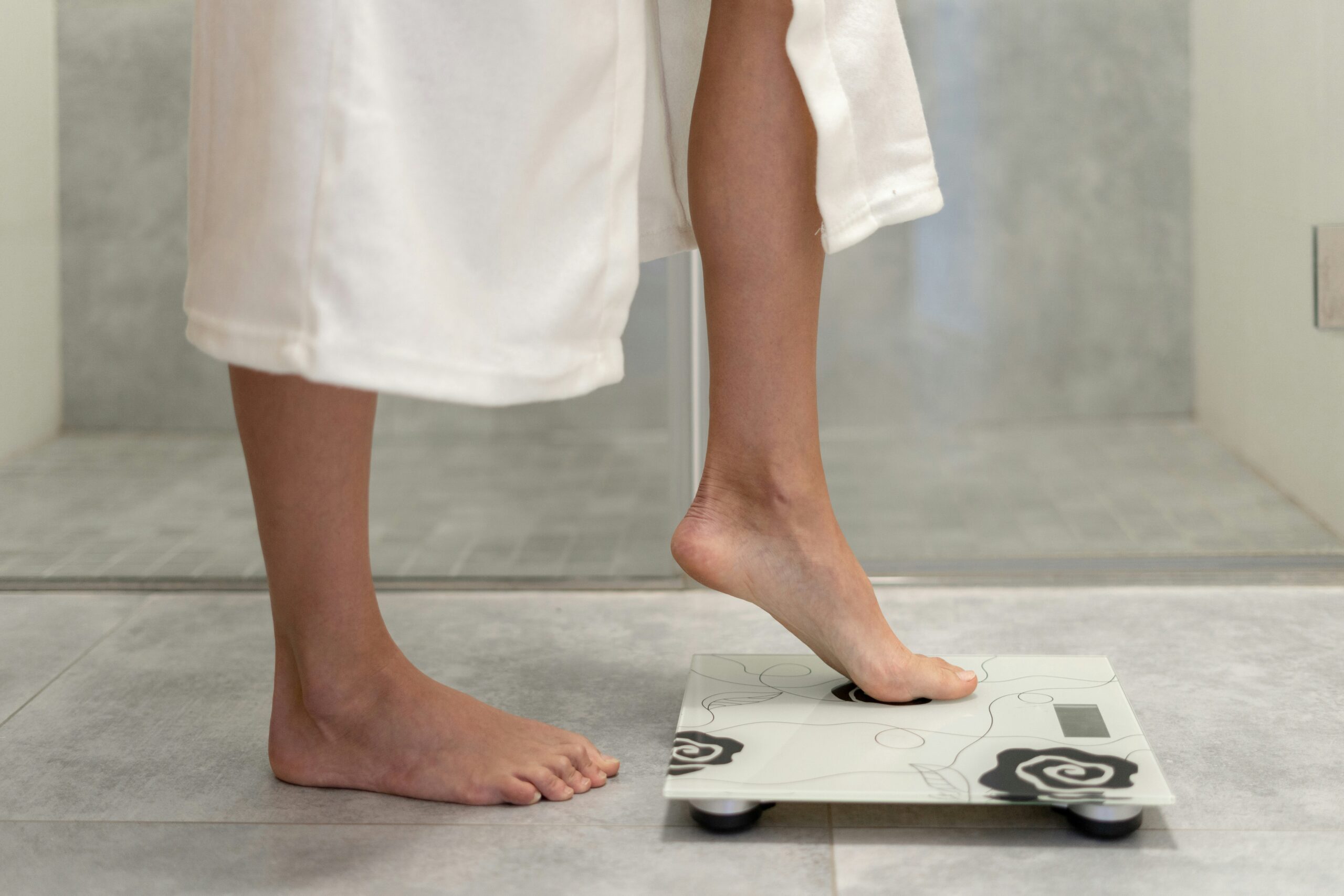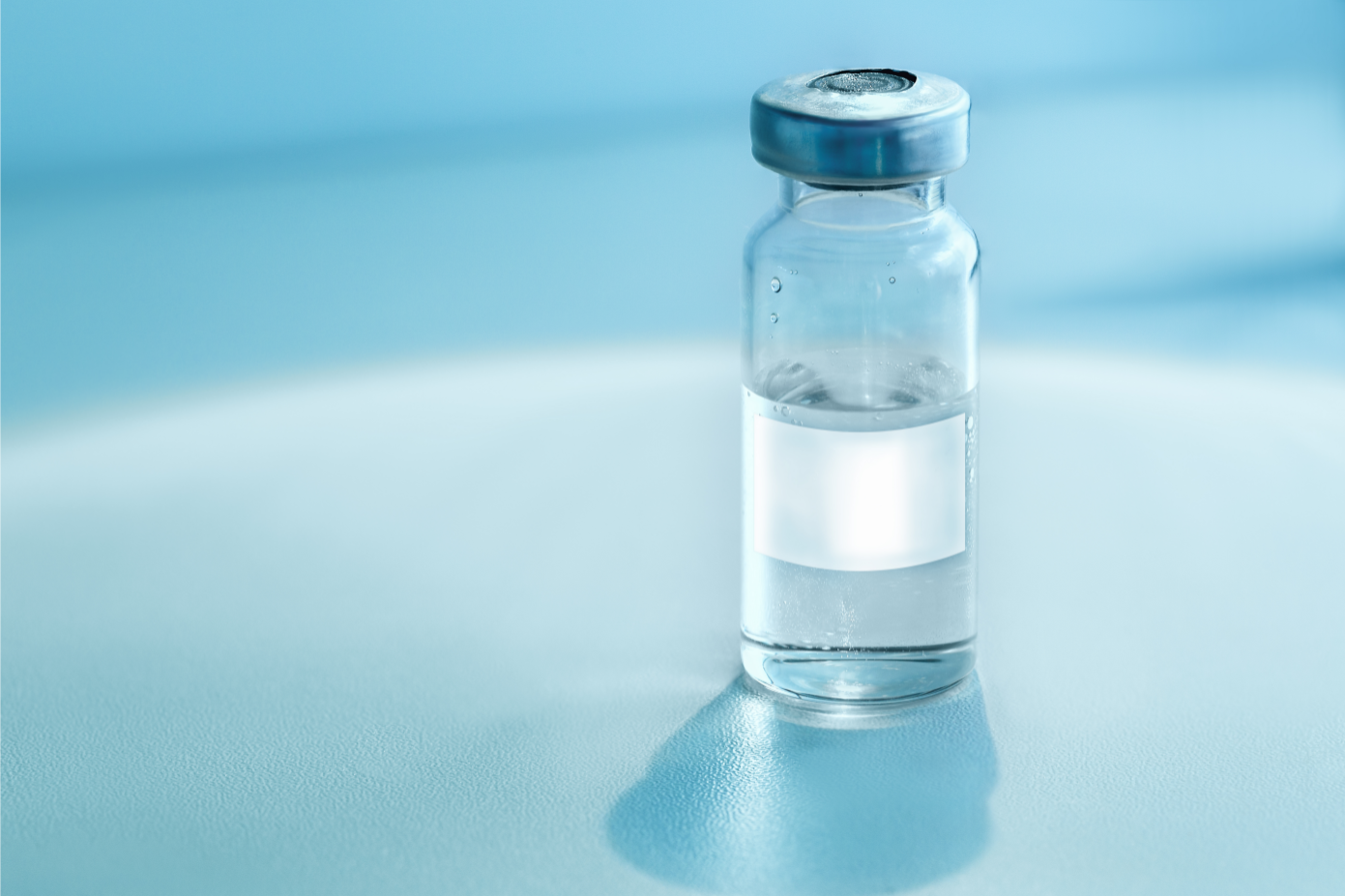Guest article written by Peter Marino.
Testosterone is the male sex hormone that is responsible for male sexuality. It is responsible for growing muscle mass, the production of red blood cells, facial hair, libido, and sperm production. Testosterone levels or T-levels naturally fall with age in both men and women (yes, women have testosterone too, but in much lower amounts).
Research studies have shown that a variety of factors affect testosterone levels and include:
- lifestyle habits
- health factors
- excessive alcohol or drug use
- genetics
These factors appear to play a role in balancing testosterone levels. It is estimated that there is a 0.4% to 2.0% decline per year in T level appears after the age of 30. (1)
Testosterone levels decrease in obese men with increased body weight—more bodyweight results in reduced gonadotropin secretion, increased leptin, and reduced sex hormone-binding globulin. To balance your T levels and other factors that contribute to healthy levels of all hormones, you must have a healthy body weight to body-fat ratio. (2)
There are a number of naturally occurring substances that play a key role in boosting and balancing testosterone levels in the body.
Foods that are rich in the following components can contribute to boosting T levels in the body:
- vitamins
- antioxidants
- minerals like zinc

Role of Supplements
Supplements with suitable doses of essential minerals and vitamins are available on the market to boost testosterone levels in males. The supplements intake can positively affect the body but might have negative effects. The intake of supplements should be according to the prescription from your doctor.
A global estimate of total testosterone sales from 41 countries indicates increases from $150 million in 2000 to $1.8 billion in 2011, with most sales also focused on older men (3). Supraphysiological doses of testosterone, combined with strength training, increase fat-free mass, muscle size, and strength in normal young and older men (4).
List of supplements
The section below describes the supplements that may help increase testosterone levels.
Vitamin D
Research in 2010 suggested that the intake of vitamin D supplements by overweight men can significantly increase the level of testosterone in their body (5).
Vitamin D is suitable to take in the form of capsules and sprays to improve the levels of testosterone.
Dehydroepiandrosterone (DHEA)
Dehydroepiandrosterone (DHEA) is the hormone that gets converted into estrogen and testosterone. Sometimes the body cannot make enough DHEA to balance T level in the body.
Some research studies have reported that DHEA supplements can improve low T level effects like mood changes, increased fat, and low sexual functioning, but they can decrease and imbalance good cholesterol levels in the body (6).
Maca Gelatinizada (Maca)
Maca is derived from the root of an Andean plant of the brassica (mustard) family known to improve sexual desire and activity. It is also known to have properties to decrease anxiety, depression, and stress.
Testosterone activity boosting properties are in the root of the plant. Maca is a commercially available product expended as a nutrient in different forms, including tablets in health food stores (7).
Zinc
The human body is not capable of storing zinc, so daily intake of zinc is important for proper hormone production. Many foods possess enough amounts of zinc, such as:
- Nuts
- Chicken
- Oyster
- Beef
- Yogurt
Research in 1996 suggested that the intake of zinc by elderly men doubles the testosterone levels in the body. This is quite powerful evidence supporting the role of zinc in the improvement of T levels in the body (8).
11 milligrams of zinc per day is considered the ideal amount for an adult male to consume for balanced testosterone in the body.
L-carnitine
In a study from 2018, Rezaei et al. describe that L-carnitine “decreased diabetes-induced oxidative stress complications and also improved serum level of FSH, LH, and TH by reducing levels of lipid peroxidation and increasing antioxidant enzymes” (9). This basically implies that not only does L-carnitine improve luteinizing hormone, the hormone responsible for increasing testosterone production, but it helps lower oxidative stress biomarkers in all our body’s cells which will enhance just about every function of the body. Therefore, in my opinion, L-carnitine should be a mainstay in any well-aging program!
L-carnitine is best taken in supplement form. I take 1000-1500 mg 30 minutes before my workouts.

Role of High-intensity interval training (HIIT)
High-intensity interval training (HIIT) basically means that you work hard as much as you possibly can for an intense and regular interval of time. HIIT is suggested to have positive effects on improving testosterone levels in the body. For more information and sample HIIT workouts see my other article here about how HIIT can prevent premature aging.
An article published in 2008 in the Journal of Sexual Medicine revealed that women were more sexually responsive after 20 minutes of intense, vigorous exercise. Men also showed an increase in testosterone levels (which correlates with higher sexual interest and behavior) after short bursts of intense exercise.
Experts suggested that an effective way to increase testosterone levels is through HIIT, high-intensity interval training workouts. Too much cardio can actually break down muscle, and muscle is an important factor for keeping testosterone levels high.
Techniques with Strength & Power Training
Exercise not only boosts T levels but also helps to increase detoxification, which can balance hormone levels. Not all the exercises we can do can result in boosting T levels. There are a few popular exercises and tips that you can follow to do the trick.
- Increased human growth hormone and testosterone levels have been shown to occur with strength training and power training. This type of training involves lifting heavier weights with multi-joint exercises or often referred to as compound exercises, rather than doing many reps with single-joint exercises using lighter weights.
- Keep shorter rest periods during your workout and perform your workout for no more than 50 minutes.
- Avoid doing excessively long or frequent cardio exercises because they may increase cortisol and decreases testosterone levels. High levels of cortisol can result in the depletion of sex hormones, excessive breakdown of muscle tissue, and premature aging.
- Performing compound exercises with dumbbells and barbells will work more muscle groups and will enhance muscle mass by boosting testosterone. Compound exercises are exercises that involve several large muscle groups, such as the chest, thighs, shoulders and back.
Examples of compound exercises that have been shown to boost testosterone and growth hormone include:
- bench press
- deadlifts
- squats
- pull-ups
These exercises will boost testosterone levels far more than isolated exercises such as biceps curls.
Supplements Plan I Follow
I personally take the following supplements every day and time them accordingly to maximize testosterone production and utilization:
- Breakfast: Vitamin D, Multivitamin with Zinc
- Pre-workout: L-carnitine, Maca, DHEA
Conclusion
There are many factors that affect testosterone production and exercise, diet and supplements can improve your free testosterone levels. However, everybody is different, and some people experience endocrine issues as the body ages. I have a men’s well-aging program that may naturally improve your testosterone levels called Will To Fight Aging, but if you are not able to improve your testosterone levels, naturally, hormone replacement therapy (HRT) may be an option for you. In fact, at the end of my program, if you have not improved your testosterone, I encourage you to seek this route via Evolve Telemed. They test your hormone levels, and a doctor reviews your options for HRT. Therefore, there are many options for aging men to improve testosterone levels while improving their quality of life.
Guest Author – Peter Marino
Peter Marino has been in the fitness industry for 30 years and is a Certified Health Coach and Personal Trainer currently acquiring an MS in biotechnology. Peter graduated from Brooklyn College with a bachelor’s degree in Athletic Training and owns the in-home and virtual personal training company PoshFitness.com. He writes frequently for many blogs and publishers.
References
- World J Men’s Health. 2020 Jan;38(1):115-122. English.
Published online Jun 14, 2019. https://doi.org/10.5534/wjmh.190043 - Plasma-free and non-sex-hormone-binding-globulin-bound testosterone are decreased in obese men in proportion to their degree of obesity. Zumoff B, Strain GW, Miller LK, Rosner W, Senie R, Seres DS, Rosenfeld RS J Clin Endocrinol Metab. 1990 Oct; 71(4):929-31
- Handelsman, D. J. (2013). Global trends in testosterone prescribing, 2000–2011: Expanding the spectrum of prescription drug misuse. The Medical Journal of Australia, 199(8), 548–551. doi:10.5694/mja13.10111
- Bhasin, S., Woodhouse, L., Casaburi, R., Singh, A. B., Mac, R. P., Lee, M., … Storer, T. W. (2005). Older men are as responsive as young men to the anabolic effects of graded doses of testosterone on the skeletal muscle. The Journal of Clinical Endocrinology & Metabolism, 90(2), 678–688. doi:10.1210/jc.2004-1184
- Pilz S, Frisch S, Koertke H, Kuhn J, Dreier J, Obermayer-Pietsch B, Wehr E, Zittermann A. Effect of vitamin D supplementation on testosterone levels in men. Horm Metab Res. 2011 Mar;43(3):223-5. doi: 10.1055/s-0030-1269854. Epub 2010 Dec 10. PMID: 21154195.
- Walther, A., & Seuffert, J. (2020). Testosterone and Dehydroepiandrosterone Treatment in Ageing Men: Are We All Set?. The world journal of men’s health, 38(2), 178–190. https://doi.org/10.5534/wjmh.190006
- Gonzales GF, Córdova A, Vega K, Chung A, Villena A, Góñez C, Castillo S. Effect of Lepidium meyenii (MACA) on sexual desire and its absent relationship with serum testosterone levels in adult healthy men. Andrologia. 2002 Dec;34(6):367-72. doi: 10.1046/j.1439-0272.2002.00519.x. PMID: 12472620.
- Prasad AS, Mantzoros CS, Beck FW, Hess JW, Brewer GJ. Zinc status and serum testosterone levels of healthy adults. Nutrition. 1996 May;12(5):344-8. doi: 10.1016/s0899-9007(96)80058-x. PMID: 8875519.
- Rezaei N, Mardanshahi T, Shafaroudi MM, Abedian S, Mohammadi H, Zare Z. Effects of l-Carnitine on the Follicle-Stimulating Hormone, Luteinizing Hormone, Testosterone, and Testicular Tissue Oxidative Stress Levels in Streptozotocin-Induced Diabetic Rats. J Evid Based Integr Med. 2018 Jan-Dec;23:2515690X18796053. doi: 10.1177/2515690X18796053. PMID: 30168346; PMCID: PMC6120171.






